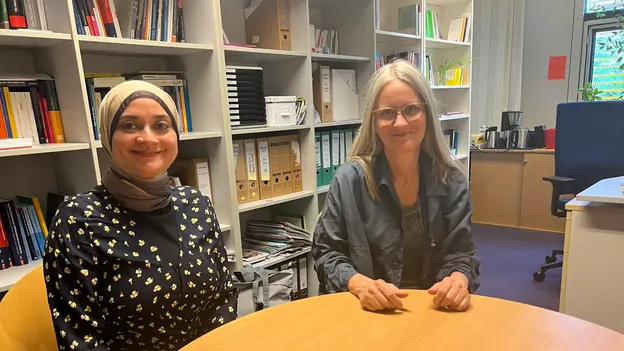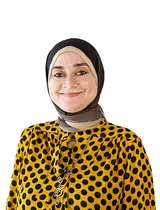Tandem Project
Empowering Working Environments in STEM
Empirical Study and Stakeholder Workshop
Having a diverse workforce brings about creativity, productivity, innovation, and success. According to SDG 5, it is important to work on ending all forms of discrimination against women and girls everywhere and ensuring women’s full and effective participation and equal opportunities for leadership at all levels of decision-making in political, economic and public life.
In recent years, there have been concerted efforts to increase diversity in the fields of science, technology, engineering, and mathematics (STEM). While more women are pursuing higher education and entering the workforce, they are still significantly outnumbered by men in engineering and technology-related degree programs. This gender disparity is also evident in STEM research, with the proportion of women lagging far behind that of men, both in Germany and Egypt.
New universities are currently being established in Egypt that can benefit from recommendations on gender equality in higher education. The results of this research project may help to ensure that gender-sensitive codes of conduct are adopted.
Lobna Said, AGYA member
Increasing number of women in STEM in Germany and Egypt
In an EU comparison, Germany has one of the lowest representation rates of women in research and development areas, with a share of only 28%. To address this issue, Germany is implementing various measures to promote gender equality. German constitutional law emphasizes gender equality and demonstrates the commitment to an active and effective equality policy. In addition, several more federal laws concerning aspects of gender equality across economic sectors have recently been adopted to increase the share of women in leadership positions.
In Egypt, there has been an increased focus by the state, private companies and development agencies, on promoting women in STEM, leading to an array of programmes, awards and incentives, since the 1990s. The Academy of Scientific Research and Technology (ASRT), is among the chief stakeholders as it has worked on promoting women in STEM through several initiatives. The existing data show progress in educational attainment in STEM, yet such figures do not translate into the labour market. Literature suggests that structural challenges, often represented in gender stereotypes and social dynamics, contribute significantly to such a gap.
Collecting Data on Working Environment in Academic Institutions
Women's representation in STEM and the challenges they face require more research from the recruitment of female students and researchers to a gender-sensitive approach concerning the working environment at academic institutions. In this project, Dr. Lobna Said and Dr. Dörthe Engelcke collect and compare data from German and Egyptian universities. A survey in addition to in-depth interviews investigate types of discrimination female as well as male scientists face, focusing on access to resources and leadership opportunities.
Stakeholder Workshop: Exchange on Best-Practices and Strategies of Women’s Advancement
The research results are presented and discussed during a stakeholder workshop in Cairo, Egypt. The workshop tackles key challenges for greater equality, visibility and opportunities for women within STEM. Additionally, a training is offered to boost opportunities and awareness for women in STEM education. The results are used to exchange on different options to create a more conducive working environment for women and men and to integrate gender equality into higher education institutions.
- Disciplines Involved
- Law, Electrical Engineering
- Cooperation Partners
- Nile University, Egypt
- Max Planck Institute for Comparative and International Private Law, Germany
- Project Title
- Strategies for Female Empowering Working Environments in Higher Education: Experiences from STEM in Egypt and Germany
- Year
- 2023
- Funding Scheme
- Tandem Project
- Countries Involved
- Germany, Egypt


